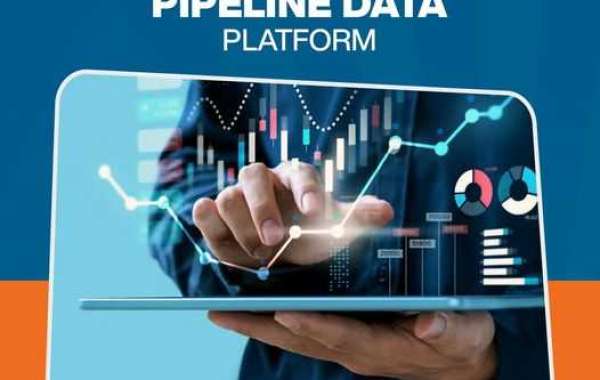
Best Pipeline Data Platform
Businesses rely on a variety of data sources, including internal (CRM, ERP) and external (social media platforms) sources, as well as third-party web analytics services ( e.g., Google Analytics). Due to the variety of data sources, businesses utilize various methods to extract data from their sources, such as web scraping tools and browser fingerprinting technologies.
Aside from the variety of data sources, it is difficult for businesses to collect vast volumes of data, translate it into a unique data format, and store it in a centralized repository. Businesses may use pipeline data platforms to extract, process, and convert data in order to get the most out of their data.
In this article, we explore what data pipeline is and the capabilities to consider when selecting the best data pipeline platforms to assist businesses in choosing the best fit for their business applications.
What is Data Pipeline?
The process of transporting data from one source to another is called a data pipeline. Pipeline data platforms enable businesses to extract data from several sources and load it into a destination such as a data warehouse or data lake. Pipeline Data Integration ingests and organizes extracted from multiple sources to provide a complete and accurate dataset for business intelligence data. Allowing business analysts and other users to evaluate and gain insights.
Capabilities to Consider when Selecting the Best Data Pipeline Platform
Businesses have many data stored in their data sources and applications. However, when it comes to moving data from one location to another, data can be lost, duplicated, or breached along the way. Data pipeline platforms allow businesses to automatically ingest data from multiple sources and transfer it to a target repository while ensuring data quality. Here are a few things to consider when selecting the best data pipeline platform:
• Data Warehousing
Data warehousing is organizing and compiling data acquired from diverse sources in a warehouse. Data pipeline platforms for data warehousing help enterprises to combine data from numerous sources into a single data warehouse destination.
A destination like a data warehouse or data lake is the endpoint of the data pipeline process. Data warehouses, unlike data lakes, can only store structured data. Extracted data is cleaned and structured before being stored in the data warehouse.
• Data Streaming
Streaming data is continuously created by many sources, such as IoT sensors, e-commerce purchases, system logs, etc. Streaming data is used by businesses for a variety of objectives, including real-time fraud detection, stock market tracking, and generating real-time property suggestions.
Streaming data processing enables businesses to extract data from data producers such as databases, IoT, and SaaS applications in real time. Extracted data is processed incrementally and passed to another database or an application.
Conclusion
The volume of data and data sources is growing daily, and bringing together data from different sources is a priority for any business.
A data pipeline is a crucial solution that combines data from various sources to a destination for analysis or visualization. Choose a solution that will complement your business at any stage.




